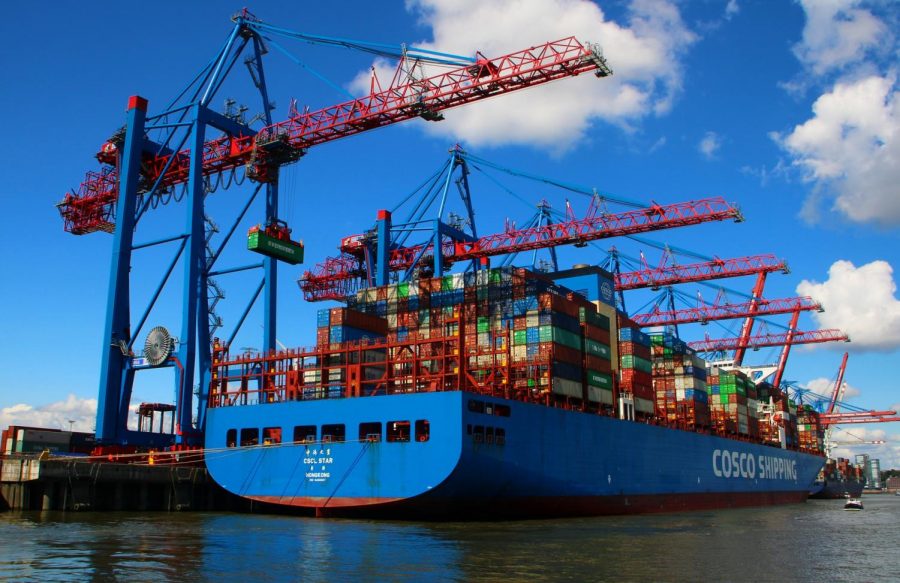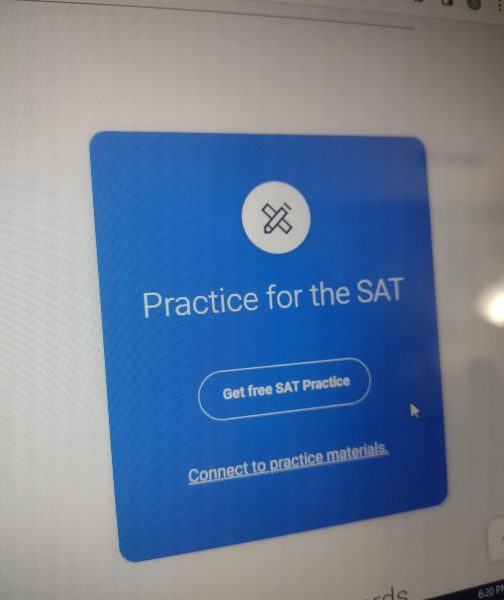24/7 Shopping Needs 24/7 Shipping
Publicised for reuse by pixabay.com
Large cargo shipping being unloaded at a shipping port. Labeled for reuse by google.com.
The COVID-19 pandemic caused an intense skyrocket in online sales and a cliff fall in supplies. Many shipping ports in Los Angeles and Long Beach California are finding themselves overcrowded with ships sitting outside their ports. This has caused a massive delay in major companies getting their supplies, as well as online suppliers, like Amazon, not getting the items required to feed the influx in holiday shopping.
This is a major issue because of the new popularity of online shopping during Black Friday and Cyber Monday. These shopping methods have gained popularity throughout 2020 because many stores remained closed because of arising COVID-19 strains.
But what does all of this mean for Air Academy students?
With most upperclassmen working and most underclassmen unable to drive, the unfortunate reality is that many students cannot enjoy holiday shopping, especially events such as Black Friday. However, with the convenience of online shopping, students can. The ability to go shopping while in your bed, playing games, or even during school, creates a massive incentive in shopping online.
This causes a spike in delivery demands and the need to make sure everything is stocked, good quality, and available. Stocking issues are amplified with the ability to pre-order certain items that are not in stock. If a physical store runs out of an item, shoppers will have to wait for the next shipment to arrive. Yet, with online stores, people can continuously order various items. This causes a massive backlog in some items, which creates even more delays with other shipments.
Although this affects how people get their online orders, it also affects the economy as a whole. When companies cannot get the items that shoppers want, prices need to be raised to keep those products in stock. According to the Washington Post, in October alone, inflation has risen a total of 6.2 percent, the highest jump in inflation since 1990.
So, the constant operation of shipping ports will lower this supply and demand imbalance, right?
Economics student and teacher Richard Thiele had some lingering doubts.
“Inflation works in a lot of different ways, I studied this in college. One is the basic principle of supply and demand. When demand is high but supply is low, prices tend to be risen. That might mitigate the effects temporarily, but I don’t think it will lower inflation. Especially since we have so much money in circulation,” Thiele stated.
Though optimistic that the severity will be lessened by the allowance of constant shipping flow at these ports, he does not believe this will even act as a bandaid for the issue. Even though the ports are getting the needed supplies, it will take months for stores to finally get these items on shelves. It will take a long time for items to get through the ports, to distributors, then warehouses, and finally inside of stores.
However, that is where the benefit of online shopping comes in. Instead of having to wait for something to be on the shelves, online shoppers have the benefit of buying the item and forgetting about it. All of the shipping and retrieving of the item is done for them, and the hardest thing that has to be done is simply clicking on the purchase button.













